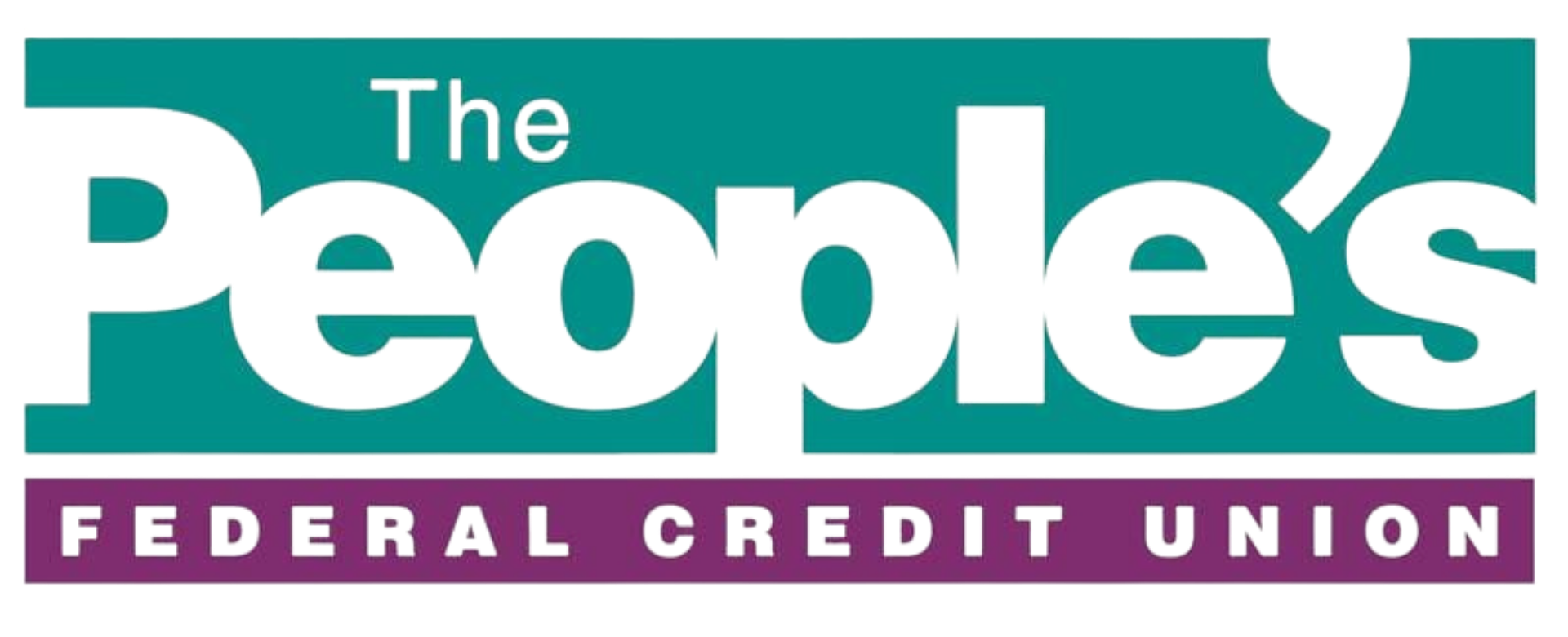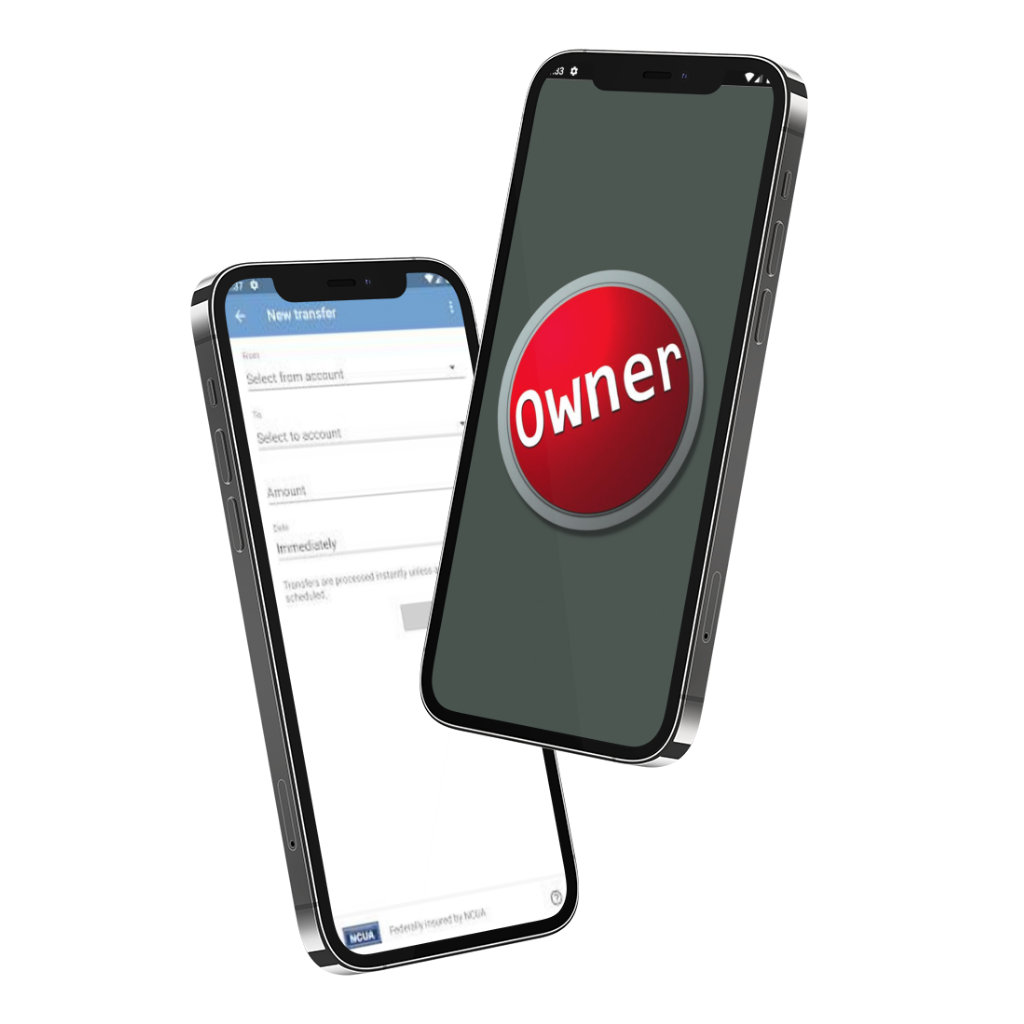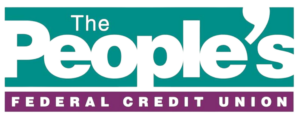Credit cards are powerful financial tools that offer the convenience of managing large purchases and unexpected expenses, along with the potential to earn valuable rewards. However, they require careful management to truly benefit your financial health. Common credit card mistakes can lead to significant debt and hurt your credit score, ultimately hindering your ability to secure favorable borrowing terms in the future.
By familiarizing yourself with the below pitfalls and adopting proactive financial strategies, you can use your credit cards wisely and maintain a strong financial standing.
Common Credit Card Mistakes and How to Avoid Them
Smart credit card management is essential to maintaining financial health. Let’s explore common credit card mistakes and how you can steer clear of them:
1. Maxing out all of your credit cards.
Using all your available credit can severely lower your credit score and increase your interest charges. To prevent this, keep track of your spending, maintain low balances, and consider setting up balance alerts. A good rule of thumb is to utilize less than 30% of your total credit limit across all cards, which can help improve your credit score over time.
2. Taking cash advances to pay your other bills.
Cash advances come with higher interest rates and additional fees, making them a costly option for managing bills. Instead of relying on advances, try to establish a budget and emergency fund that can cover three to six months of expenses to handle unexpected bills without accruing high-interest credit card debt.
3. Not paying your credit cards on time.
Late payments not only result in fees but can also cause a significant drop in your credit score. To avoid this, consider setting up automatic payments for at least the minimum amount due each month. Additionally, keeping a calendar with due dates can help you manage payments across multiple cards.
4. Failing to read the fine print when opening a credit card account.
The terms and conditions of credit cards, including fees and how interest is compounded, are crucial for managing your finances effectively. Take your time to understand what you are agreeing to—sometimes, cards with better benefits might have certain limitations or higher rates that you should be aware of before applying.
5. Opening too many credit card accounts.
More credit accounts might seem like an opportunity to increase your credit score, but they can complicate your finances and increase your risk of debt. Consolidate your spending on a few cards that offer the best benefits, and assess whether new credit offers align with your spending habits and financial goals.
6. Closing a credit card account.
Though it might be tempting to close old or unused credit cards, doing so can shorten your credit history and affect your credit utilization ratio negatively. If the card doesn’t carry an annual fee, consider keeping it open and using it occasionally for small purchases that you pay off immediately.
7. Exceeding your credit limit.
Crossing your credit limit not only incurs fees but also signals to creditors that you might be a risky borrower. Set up alerts with your credit card provider to notify you as you approach your limit. Keeping your balances low will also aid in maintaining a good credit utilization ratio.
8. Not paying attention to your credit report/score.

Regular monitoring of your credit score allows you to detect fraud and rectify errors promptly. Sign up for free credit monitoring services available through many financial institutions and credit bureaus. This regular checkup can provide peace of mind and keep your financial health in check.
9. Getting credit limit increases every time you max out your cards.
While increasing your credit limit might seem like a solution to spending issues, it can encourage higher spending levels that may lead to more significant debt. Focus on managing and reducing your existing balances rather than seeking additional credit.
10. Paying only the minimum amount due each month.
Paying more than the minimum each month can dramatically decrease the amount of interest you pay over time. Whenever possible, try to pay off your balance in full to avoid interest charges. If that’s not feasible, paying even slightly above the minimum can help reduce your overall interest burden.
11. Going on shopping sprees.
Frequent, unchecked spending can lead to debt quickly. To keep your shopping in check, create a list and budget before you shop and strictly adhere to it. Consider using cash for discretionary purchases to physically see the money you spend, which can help curb excessive spending habits.
12. Ignoring interest rate changes.
Credit card interest rates can change, particularly with cards offering variable rates. An increase in your card’s interest rate can significantly raise the cost of carrying a balance. To avoid surprises, regularly review your credit card statements and any communications from your card issuer regarding rate changes. Consider switching to a card with a lower rate if your current card’s interest becomes too high.
13. Not using available rewards and benefits.
Many credit cards offer rewards like cash back, travel points, or purchase discounts. Not using these benefits means missing out on potential savings. Make sure to understand your card’s rewards structure and optimize your spending to maximize these perks. This might include using a specific card for groceries or gas to earn higher rewards in those categories.
14. Applying for multiple cards within a short time.
Every credit card application can lead to a hard inquiry on your credit report, which may lower your credit score temporarily. Frequent applications within a short timeframe can make you appear financially unstable to lenders. Space out your applications and only apply for new credit when necessary.
15. Transferring balances repeatedly.
Using balance transfer offers with 0% APR to manage debt can be smart, but doing this repeatedly without addressing spending habits may lead to long-term debt issues. Ensure you have a plan to pay off the balance before the promotional period ends to avoid falling into a cycle of debt.
16. Not updating personal information.
Keeping your personal information up to date with your credit card company is crucial. Outdated information can result in missed bills and late payments if statements are sent to the wrong address. Regularly check that your issuer has your current address, phone number, and email to ensure you receive all account notices promptly.
Explore Your Credit Card Options with The People’s Federal Credit Union
If you are looking for a credit card with a low interest rate, no cash advance fees or balance transfer fees, and optional rewards, apply for your MasterCard at The People’s Federal Credit Union online, stop by your nearest branch location, or contact us at 806-359-8571 today!








